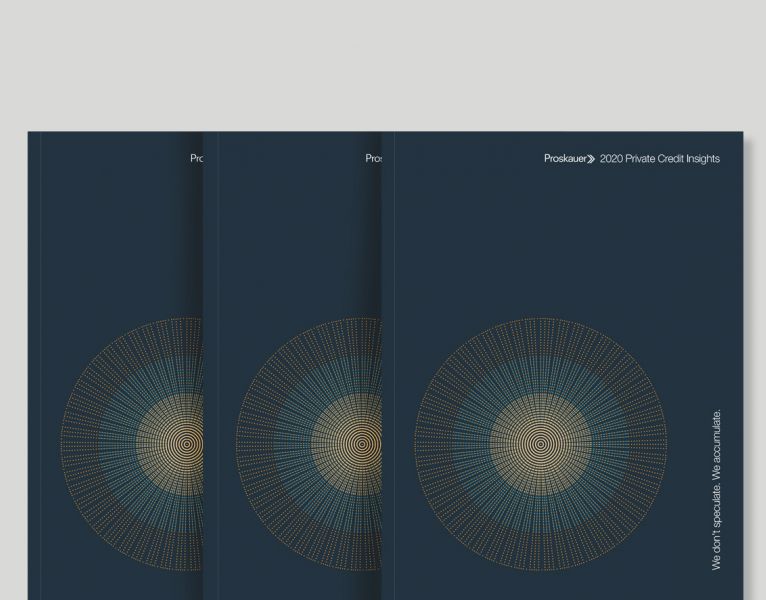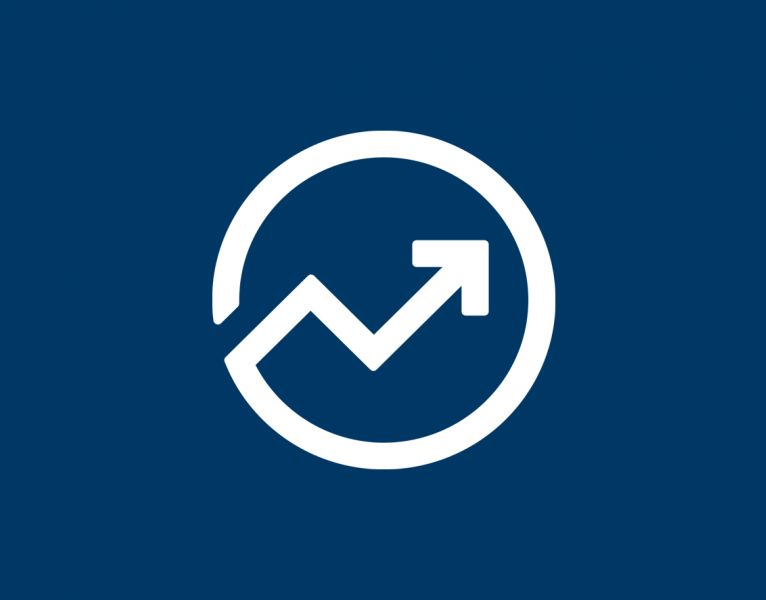New York, July 15, 2021 – Proskauer, a leading international law firm, today released its 2021 SPAC IPO Study. The study examines data from 204 Special Purpose Acquisition Company (SPAC) IPOs priced from January 2016 through December 2020, representing over half of the SPACs listed on U.S. exchanges. Utilizing this proprietary data, the study provides detailed comparisons of deal structures and terms and insight into market trends year-over-year.
“With the continued evolution of the SPAC market after last year’s resurgence, we expect to see a greater variety of structures and terms in the market. Our study provides insight into these dynamics. We expect that SPACs will continue to play a central role in both the capital markets and M&A dealmaking,” said Daniel Forman, a partner in Proskauer’s Capital Markets Group.
“It is a robust and exciting time for the SPAC market and we hope that sponsors, investment banks, investors and other market participants benefit from our analysis of the trends in this space,” noted Steven Burwell, also a Partner in Proskauer’s Capital Markets Group.
The following are some key findings from the study:
- From 2016 through 2020, SPAC IPOs were on the rise in terms of both absolute number of deals and gross proceeds raised. In 2020 alone, the number of deals increased almost 10x from the first to fourth quarter and gross proceeds increased almost 10x in the same period.
- Throughout 2020, there has been a notable uptick in SPAC IPOs with deal sizes of greater than $301mm as a percentage of the total market.
- 79% of the SPAC IPOs we analyzed in 2020 had an acquisition period of 24 months, followed by 18 months at 13%. The acquisition period varied significantly more among smaller SPACs.
- In 2020, a significant number of SPACs were formed in the Cayman Islands, representing 33% of SPACs in our study. SPACs incorporated in Delaware made up 64% of SPACs in our study in 2020.
- In addition to proceeds raised in the IPO, some SPACs enter into forward purchase contracts in order to secure additional capital for the initial business combination. In 2020, 19% of the SPACs in our study disclosed the existence of a forward purchase contract. The larger the deal size, the more frequently a forward purchase contract was disclosed. Forward purchase contracts may become more important as the SPAC PIPE market tightened in the second quarter of 2021.
- The majority of the SPAC IPOs priced from 2016 through 2019, have completed an initial business combination. However, there is a significantly greater number of 2020 SPACs currently seeking a business combination or in the process of closing business combination.
- In 2020, the average number of days it took for a SPAC IPO to sign its initial business combination was 159. It then took, on average, an additional 106 days to close the initial business combination. In light of this year’s SEC guidance on accounting for SPAC warrants, we expect that the time to closing SPAC’s in 2021 has significantly increased.
- Almost 95% of the SPACs that priced in 2020 and completed initial business combinations had raised additional equity financing in the form of a PIPE (private placement for public equity) concurrently with the closing of the business combination.



